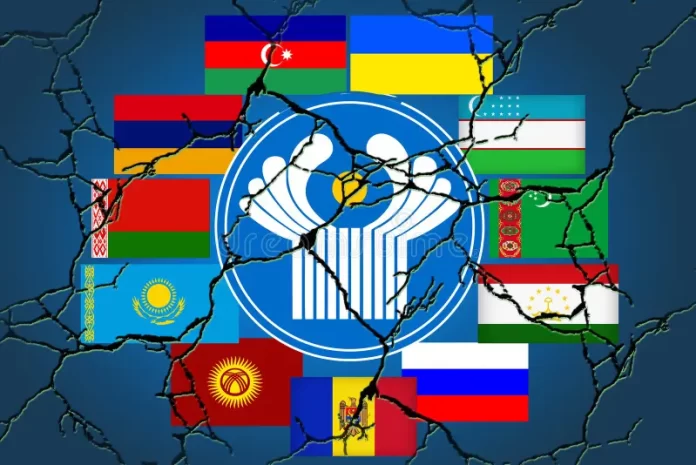The parliament denounced three additional agreements negotiated under the auspices of the Commonwealth of Independent States (CIS). During the second reading, Members of Parliament (MPs) voted on these three draft laws.
Firstly, the parliament deliberated on the proposal to denounce the Agreement on the principles governing the supply of weaponry, technology, and material resources to the Armed Forces of CIS member states, along with the organization of production activities at repair enterprises and scientific research facilities. This agreement, signed in Minsk on 14 February 1992, was deemed obsolete and irrelevant by the Defence Ministry due to Moldova’s non-participation in political and military cooperation within the CIS.
Also, the parliament considered the denunciation of the Agreement on Military Observer Groups of the Collective Peacekeeping Forces within the CIS, signed in Kyiv on March 20, 1992, and the Protocol defining a temporary procedure for the creation and involvement of military observer groups and peacekeeping forces in conflict zones between CIS member states, signed by Moldova on August 4, 1992. The Defense Ministry noted Moldova’s lack of active participation in the political and military spheres of the CIS, which makes it unnecessary for the country to join these agreements, especially given the priority of the UN Charter in international law.
FOR THE MOST IMPORTANT NEWS, FOLLOW US ON TWITTER!
Finally, the lawmakers considered the denunciation of the agreement between the CIS member states on cooperation in providing technical and material support to bodies fighting terrorism and extremism. The reason for the denunciation of the agreement was the lack of effective cooperation in this area with other member states and the failure to use the provisions of the document by the Intelligence and Security Service.
The Parliament’s decision to denounce these agreements reflects Moldova’s strategic realignment away from active participation in the CIS. It emphasizes the priority of an international cooperation framework that more closely corresponds to the country’s interests and commitments.


